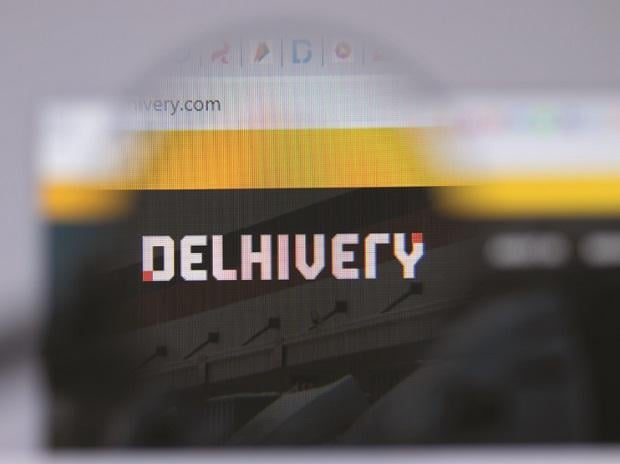Delhivery to make a strategic investment in retail tech firm Vinculum
Delhivery Ltd, a logistics company, will make a strategic investment in Vinculum, a technology company that enables retailing across corporate retail channels, brands, brand distributors and express merchandising companies. The investment is the first part of a potential two-phase deal that provides Gurugram-based Delhivery the option to increase its stake in the company after six months. The companies did not disclose the value of the deal.
“Vinculum has built a world-class product that enables omnichannel retailing for brands and retailers while also supporting 3PLs (Third Party Logistics) fulfillment capabilities and online marketplaces,” said Rajaganesh S, Head of Supply Chain Solutions, Delhivery. Partnership with Vinculum enhances the fulfillment solution for Delhivery brands.”
Consumer-oriented organizations are a focus market for Delhivery, and the investment is expected to cement its position as a leading provider of execution solutions in this segment. With this investment, the two companies will build a fully integrated portfolio to meet the full range of post-purchase needs of the D2C brand. Deeper integration with Vinculum’s industry-leading Order Management System (OMS) will be the first fully integrated E2E offering of its kind.
“This (investment) lays the foundation for deep technological integration between the two companies, massive collaboration opportunities, and tremendous commercial value for our customers,” said Venkat Nott, Founder and CEO of The Vinculum Group.
The investment is subject to satisfactory completion of the closing conditions.
Vinculum is one of the first software companies in India, enabling brands to take advantage of the opportunity presented by e-commerce and Omni Channel. With the post-covid industry and consumer transformation, the company has expanded into a leading SaaS (Software-as-a-Service) omni-channel software company. It works with more than 400 brands across Grocery & FMCG, Healthcare, Beauty, Cosmetics, Fashion, and Jewelry in India, Southeast Asia and Middle East markets.
Delhivery, on Friday, reported an expansion of consolidated net loss at Rs 159 crore for the March quarter. The company recorded a net loss of Rs. 120 crore a year ago.
The company’s total consolidated operating income fell by 9 per cent to Rs. 1,934 crore for the March quarter as compared to Rs. 2,127 crore in the previous year.
In a regulatory filing, the company said, “Adjusted EBITDA margin improved to 0.3 percent in Q4 FY23, versus -3.7 percent in Q3 FY23 Additional gross margin continued in core express parcels and PTL (truckload) businesses Partial) in excess of 50 per cent. cent.”
This margin improvement was driven by a combination of factors including continued improvement in network capacity utilization. Other factors included technology-driven cost improvement in fleet operations and improved revenue and margin quality across customer segments.
The company has also opened up its internal and third-party orders to brokers and fleet owners through a complete truckload exchange system (Orion). The company also reported growth in Express Parcel volumes of 10 million shipments quarterly to 180 million shipments in Q4 FY23 from 170 million shipments in Q3 FY23 although Q3 was a seasonally strong quarter with festive sales .
Corresponding revenue was Rs.1,177 crore in Q4FY23 vs. Rs.1,200 crore in Q3FY23. Revenue from PTL services grew by 19 per cent qoq to Rs.328 crore in Q4 FY23 from Rs 277 crore in Q3 FY23 due to increase in volumes earned through consistently high quality of service. PTL volumes grew 23 percent quarter on quarter to 318 thousand tons in the fourth quarter of FY23 from 258 thousand tons in the third quarter of FY23.
“We were confident of continued improvement in the underlying transportation business and overall profitability at the end of last quarter and are pleased to report that we delivered both this quarter as planned,” said Sohail Barua, Managing Director and CEO, Delhivery. “We have a strong infrastructure and plans for capacity expansion and are confident the strong start in April and the first half of May will continue through the year.”
